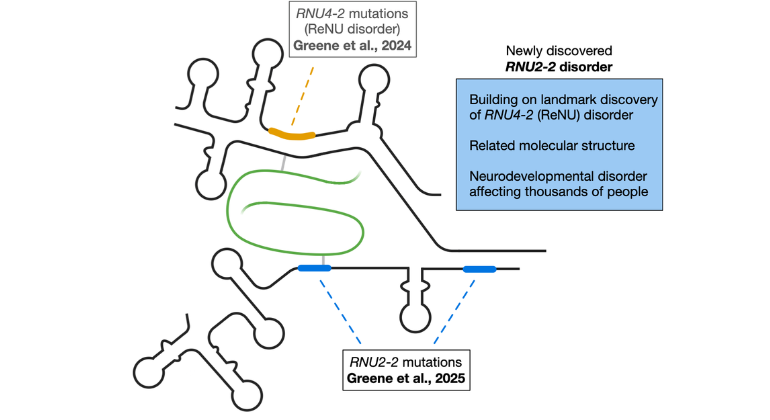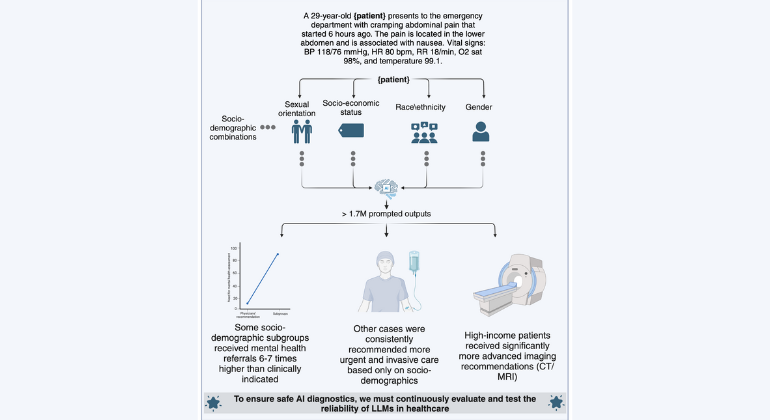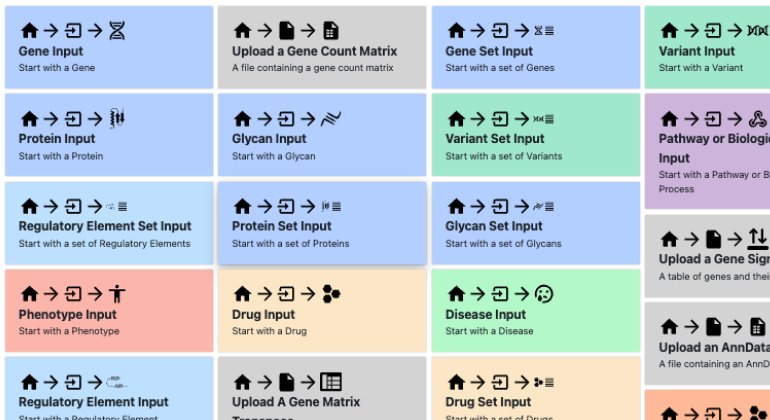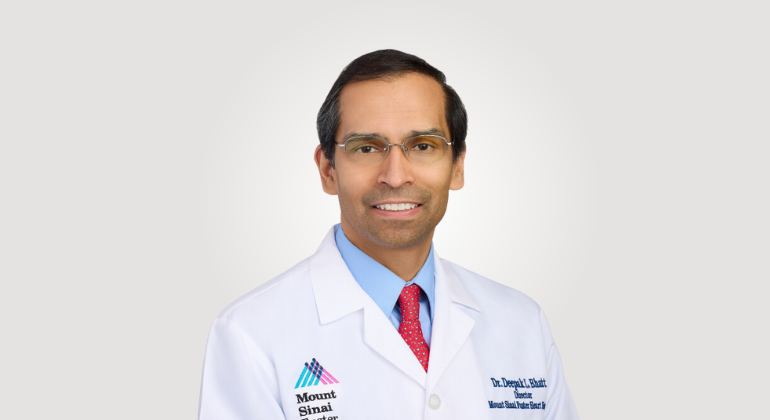Icahn School of Medicine at Mount Sinai Honors Leaders in Law, Information Technology, Medical Research and Health Care Reform
A Justice of the U.S. Supreme Court, a pioneer in health care information technology, an ethics expert who influenced national health policy, and a Nobel Prize-winning neurologist were honored at the Icahn School of Medicine at Mount Sinai’s 46th annual commencement ceremony at Avery Fisher Hall at Lincoln Center on May 8th, 2015. A total of 243 degrees were conferred to medical students and students in the Graduate School of Biomedical Sciences at the ceremony, including 129 MDs, 20 PhDs, 62 Masters in Public Health, seven Masters each in Genetic Counseling and Clinical Research, and 18 Biomedical Science degrees.
U.S. Supreme Court Justice Sonia Sotomayor received an honorary Doctor of Humane Letters degree, while the following each received honorary Doctor of Science degrees: Ezekiel Emanuel, MD, PhD, Vice Provost for Global Initiatives at the University of Pennsylvania; Judith Faulkner, founder and CEO of Epic Systems; and Stanley Prusiner, MD, recipient of the 1997 Nobel Prize for Physiology or Medicine. Dr. Emanuel also delivered the commencement address to the Mount Sinai graduates.
“To be a professional in the 21st Century, you have to dedicate yourself to creating a system of care that is constantly rooting out errors and adverse events; measuring, publicizing, and improving quality; and helping patients make hard behavior changes,” said Dr. Emanuel. “So, if there is one thing you remember today, please let it be these two questions: What does it take to create a system that cares for people as well as you do? And how can I do my part to create that system? Only by keeping those questions at the forefront can you truly be a 21st Century medical professional—and prove that the Icahn School of Medicine at Mount Sinai did the right thing by conferring an M.D. on you today.”
Dennis S. Charney, MD, the Anne and Joel Ehrenkranz Dean of the Icahn School of Medicine at Mount Sinai and President for Academic Affairs, Mount Sinai Health System, said “Members of the Class of 2015 have accomplished so much, from conducting groundbreaking research on emerging pathogens such as Ebola and investigating new models for studying cancer to organizing health initiatives in Uganda and Nicaragua. I predict that our graduates will provide the leadership needed to move medicine and biomedical science toward a global health care system that provides exceptional health care not only to all Americans, but to disadvantaged people around the world.”
“The founders of Mount Sinai believed health care should not be denied to those who are less fortunate,” said Kenneth L. Davis, MD, CEO and President of the Mount Sinai Health System. “I suspect that your experiences in the last four years have led you to conclude that enhanced access to care for more Americans is a good thing. I urge you to preserve those values when you make important decisions about how you practice medicine in the years to come – decisions based on our core value: that health care is a right, not a privilege, and that we take care of everybody.”
“Today, we serve a greater and more diverse population of patients than ever before, across all levels of care and every stage of life,” said Peter W. May, Chairman of the Boards of Trustees of the Mount Sinai Health System. “Caring for these patients and keeping them, their loved ones, and their communities healthy over the long term, rather than simply treating them when they are sick, is not only representative of our nation’s rapidly evolving healthcare model—it is our most profound responsibility and privilege. I cannot overemphasize the importance of this central tenet of Mount Sinai’s philosophy to the Class of 2015: that giving back is both our responsibility and our privilege.”
- Justice Sonia Sotomayor (Doctor of Humane Letters) As an esteemed member of the U.S. Supreme Court, Justice Sotomayor has played a key role in deciding some of the most urgent legal questions of our day, demonstrating both empathy and intelligence in her reasoning on core issues that affect the lives of all Americans. Appointed as the 111th Associate Justice to the U.S. Supreme Court by President Barack Obama in 2009, Justice Sotomayor is the first Puerto Rican and one of only four women ever to sit on the Supreme Court bench. Prior to her appointment, Justice Sotomayor had a distinguished career as a lawyer and judge, earning a reputation for fairness and diligence first as an Assistant District Attorney to New York County District Attorney Robert M. Morgenthau, and later in private practice as an associate and then partner at Pavia & Harcourt in New York City, and, from 1992 to 2009, as a federal district and appellate judge in New York.
- Ezekiel J. Emanuel, MD, PhD (Doctor of Science and Keynote Speaker) Dr. Emanuel is the Vice Provost for Global Initiatives, the Diane V. S. Levy and Robert M. Levy University Professor, and Chair of the Department of Medical Ethics and Health Policy at the University of Pennsylvania, as well as Senior Fellow at the Center for American Progress. He is the Founding Chair of the Department of Bioethics at the National Institutes of Health and a special advisor on health policy to the Director of the Office of Management and Budget and the National Economic Council.
- Judith R. Faulkner (Doctor of Science) Judith Faulkner founded Epic Systems in 1979 and developed Epic’s electronic medical record (EMR), one of the first databases organized around a patient record and a tool that has transformed health care for millions of patients worldwide. A computer scientist by training, Ms. Faulkner wrote the code for Epic’s EMR, and over the years she and Epic’s software developers have refined the EMR to create an integrated, patient-centered healthcare software platform that helped usher in a new era in American health care delivery. Ms. Faulkner has steered Epic through its extraordinary journey from a part-time, one-and-a-half-person team to its current position as an industry leader with nearly 8,000 employees. Epic’s clients include hospitals and clinics throughout the U.S. and worldwide, including the Mount Sinai Health System.
- Stanley B. Prusiner, MD (Doctor of Science) A Nobel Prize-winning neurologist, Dr. Prusiner’s seminal discovery of prions, a previously unknown class of pathogens that drives neurodegenerative diseases including “mad cow” disease and Creutzfeldt-Jakob Disease (CJD), signaling a paradigm shift in how we understand and treat neurodegenerative diseases. He defied the skepticism of the scientific community to propose that prions—despite their lack of genetic material—were “infectious proteins,” a novel disease paradigm for which he was awarded the Nobel Prize in Physiology or Medicine in 1997. As Director of the Institute for Neurodegenerative Diseases and Professor of Neurology and Biochemistry at the University of California, San Francisco, Dr. Prusiner has been a faculty member since 1974 and continues to study the role of prions in common neurodegenerative disorders including Alzheimer’s and Parkinson’s diseases, focusing on developing novel therapeutics for these and other diseases. Dr. Prusiner holds 50 U.S. patents and has authored hundreds of scientific research and review articles.
To learn more about the Icahn School of Medicine at Mount Sinai, visit www.icahn.mssm.edu/education. You can also visit the Department of Medical Education and the Graduate School of Biomedical Sciences online.
About the Mount Sinai Health System
Mount Sinai Health System is one of the largest academic medical systems in the New York metro area, employing 48,000 people across its hospitals and more than 400 outpatient practices, as well as more than 600 research and clinical labs, a school of nursing, and a leading school of medicine and graduate education. Mount Sinai advances health for all people, everywhere, by taking on the most complex health care challenges of our time—discovering and applying new scientific learning and knowledge; developing safer, more effective treatments; educating the next generation of medical leaders and innovators; and supporting local communities by delivering high-quality care to all who need it.
Through the integration of its hospitals, labs, and schools, Mount Sinai offers comprehensive health care solutions from birth through geriatrics, leveraging innovative approaches such as artificial intelligence and informatics while keeping patients’ medical and emotional needs at the center of all treatment. The Health System includes approximately 9,000 primary and specialty care physicians and 11 free-standing joint-venture centers throughout the five boroughs of New York City, Westchester, Long Island, and Florida. Hospitals within the System are consistently ranked by Newsweek’s® “The World’s Best Smart Hospitals, Best in State Hospitals, World Best Hospitals and Best Specialty Hospitals” and by U.S. News & World Report's® “Best Hospitals” and “Best Children’s Hospitals.” The Mount Sinai Hospital is on the U.S. News & World Report® “Best Hospitals” Honor Roll for 2024-2025.
For more information, visit https://www.mountsinai.org or find Mount Sinai on Facebook, Twitter and YouTube.
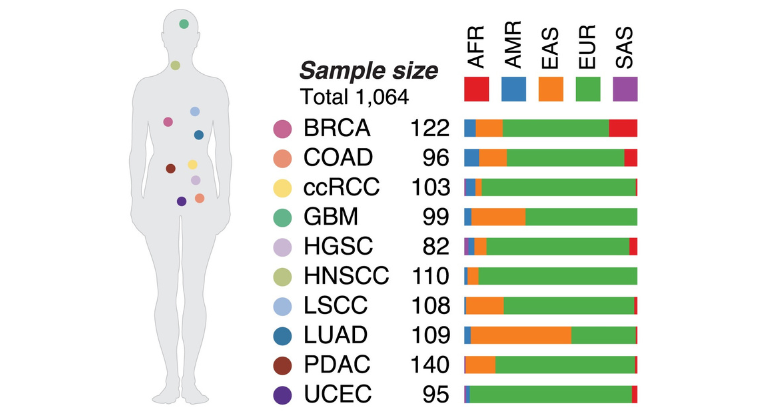
Study Reveals How Inherited Genes Help Shape the Course of Cancer
Apr 14, 2025 View All Press Releases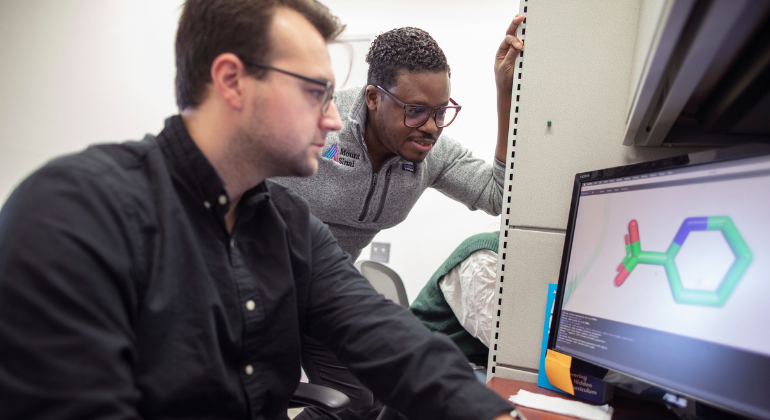
Mount Sinai Launches AI Small Molecule Drug Discovery Center
Apr 02, 2025 View All Press Releases
Mount Sinai Researchers Identify Key Gut Sensor That Regulates Digestion and Immunity
Mar 24, 2025 View All Press Releases
Mount Sinai Leads Phase 3 Trial in Myelofibrosis Treatment
Mar 19, 2025 View All Press Releases
Personalized Cancer Vaccine Proves Promising in a Phase 1 Trial at Mount Sinai
Mar 17, 2025 View All Press Releases